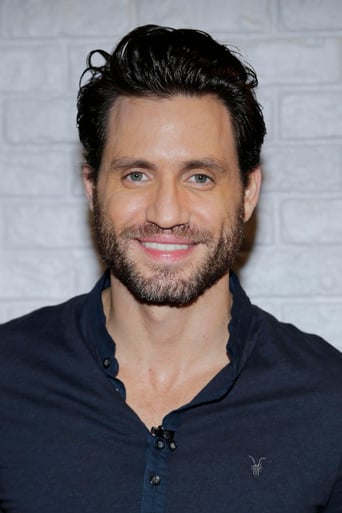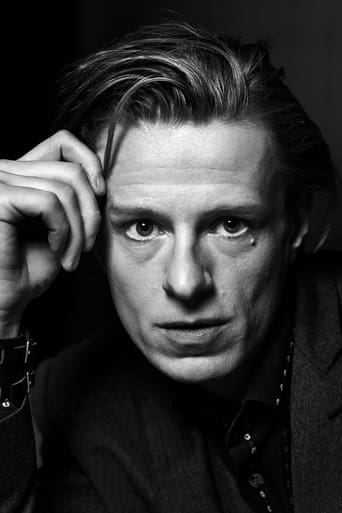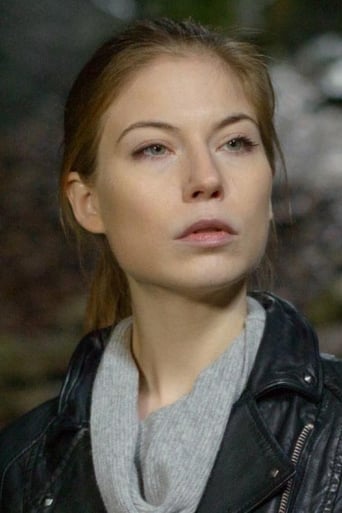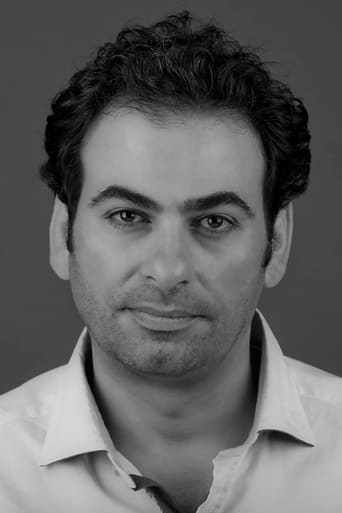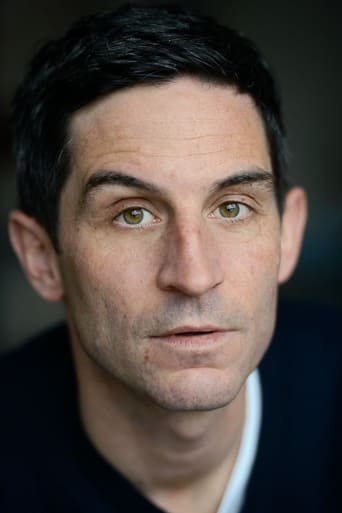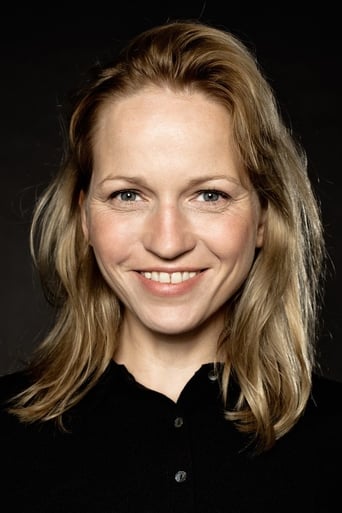blanche-2
This miniseries, three hours from an original five hours, is the story of Carlos the Jackal, a Venezuelan terrorist who operated in Europe, Africa, and the Middle East. His most famous attack was on an OPEC meeting in 1975. Sixty hostages were taken and 3 people killed.Carlos, real name Ilich Ramirez Sanchez, was allied with the Palestinian/anti-Zionism cause, seeking justice and equality. Written and directed by Olivier Assayas, the twenty-year sojourn of Carlos has some of the dialogue from Stasi recordings; the director fits in real events, mixing in actual footage and some fictional ones of meeting and negotiations.Carlos was committed to the cause, but he was also egomaniacal and ambitious, besides being somewhat of a mercenary. He was also a womanizer and believed that his destiny was to be killed.Once the wall came down, Carlos became an artifact, drifting from country to country seeking asylum, and finally being moved to French soil while he was ill, so that he could be put on trial.Edgar Ramirez does a fantastic job as Carlos. Like many of the South American or Spanish actors I've seen, he is completely natural and believable. It helped also that he can speak several languages as the character needed to slip in and out of them. He is an enigmatic Carlos, a powerful man who could take over a group with very little effort.There are many bombings, car chases, and meetings to be had and for some it may be tedious to follow. I found it very well made and interesting.
tieman64
"Terrorism has no country. It's transnational, as global an enterprise as Coke or Pepsi or Nike. At the first sign of trouble, terrorists can pull up stakes and move their "factories" from country to country in search of a better deal. Just like the multi-nationals." - Arundhati Roy Olivier Assayas' "Carlos" charts the life of Ilich Ramirez Sanchez (aka Carlos), the infamous political terrorist. It begins the 1970s, when the fashionable cause was to oppose U.S. intervention in Indochina. Carlos, however, moved to Lebanon and took up the cause of the People's Front for the Liberation of Palestine. Years later, in 1975, he holds 11 OPEC oil ministers hostage in Vienna. He subsequently spearheads several assassination plots, abductions and bombings, before setting up his own organisation (the "Organisation of Armed Struggle").The son of a wealthy Marxist Lawyer, Carlos would eventually become too dangerous an association for other revolutionary groups. He brings unwanted attention, bad press, and so finds himself drifting away from revolutionary terrorism and toward naked opportunism. A gun for hire, he spends the next 20 years on the run, doing odd jobs, living under assumed identities and hiding from international authorities. Still, he holds onto his political convictions. "Demonstrations never change anything," he tells his friends, "words get us nowhere, it's time for action!" "Fighting capitalism with warfare is doomed to failure," comes the reply. "You are just another selfish, two-bit petty bourgeois looking for glory." Carlos counters: "You say I'm selfish? Why? For defending the innocent!?" Once a Marxist-Leninist, Carlos made it his life goal to see the destruction of imperialism, personified by the United States. Concluding that this behemoth could not be destroyed by any other military rival, he set about designing a "campaign of terror" which would both separate the US from its allies and cause it to over-extend itself, militarily and financially. Carlos never seriously acted on these plans – by the 1980s, Marxism-Leninism was a dying creed – but he did make several interesting predictions. He believed revolutionary Islam would become the West's chief enemy, that the US would invade and reshape Iraq, that Syria would disintegrate, that Kosovo would become independent, that Sudan would be carved up, that Lebanon would fall apart, that Hezbollah would wither and that Libya would surrender to the US. He also believed that only North Korea and Iran would be able to resist neo-liberal capitalism, albeit only temporarily.As a terrorist, Carlos specialised not only in murder, but rationalising murder. He believed terrorism to be the "cleanest and most efficient form of warfare", a "fact" which he used history to "support": the 1979 Iranian US embassy raid, Hezbollah's suicide attacks in Beirut, the 1993 killing of US Rangers in Mogadishu etc etc, all of which he believed stalled Washington's attempts at reshaping places like Iran, Somalia and Lebanon.Olivier Assayas' "Carlos", however, is not interested in portraying Carlos as a radical agent. Instead it questions whether or not Carlos has any meaningful agency at all. In this regard, Assayas' Carlos is constantly at the mercy of others. He may have hostages, but Carlos is never calling the shots, is never in control and struggles to get groups to unite. Worse still, Carlos is always just another guy hunting for a job, chasing dollars and working for bosses. Throughout the film, Assayas' thus presents two clear poles. On one side, we see Carlos' pride, his vanity, his phallocentric obsessions and his love for subjugating others (particularly women). On the other, we have Carlos as a poor sap who's constantly pushed around by larger forces. In this way, the film seems preoccupied with counterpointing ineffectuality, castration and impotency with the machismo, egoism, narcissism and presumptions of political terrorism. For Assayas, disenfranchisement, disrespect and dis-empowerment are not only the flip-side to the machismo of terrorism, but its underlying cause. In this way, the film becomes "about" a very odd form of vanity: the terrorist is nothing, has nothing, and so must violently become something, do something."Carlos" premiered as a three part TV mini-series. It also exists in the form of a 5 and a half hour cut, a 338 minute cut, a 319 minute cut, a 187 minute cut and a 166 minute cut. This review is based on the 319 minute "cut", which is intermittently interesting but ultimately dull; a dry retelling of events.Incidentally, Assayas wrote a short autobiographical article in 2005's Cahiers Du Cinema. This article was dedicated to the widow of Guy Debord, the famous French Marxist philosopher. In it, Assayas discusses the post 1968 revolutionary vanguard and his involvement in it. Assayas' films have themselves become increasingly political, moving from trashy meditations on global capitalism ("Boarding Gate", "Demonlover", "Summer Hours") to the yearnings of activists in 2012's "Something in the Air".7.9/10 - See "The Third Generation" and Marshall Curry's "If A Tree Falls".
tony randall
i'm going to be brief since i think the other reviews of "carlos"already posted will give a good idea of the film's brilliance.i wanted to point out the genius use of music in this film-the post-punk songs specifically.as goes carlos down a road of egotism,gluttony and sloth so to does the the soundtrack mirror exactly how post-punk devolved from an idealistic,naive,and yes,somewhat innocent art form into a cold hearted mercenary whose original goals and beliefs had long since washed away into a sewer of profit margins,marketability and celebrity.it's no accident that the film opens with wire and closes with the lightning seeds.with a few changes this screenplay could very easily be re-packaged into the johnny rotten/john lydon story.the story of another man who thought the revolution was completely about himself...this is the best film of the past 5 years IMO.even better than mesrine,che and the baader-meinhof complex-3 other similarly structured historical bio-epics that are great films themselves,but not in "carlos" league.

